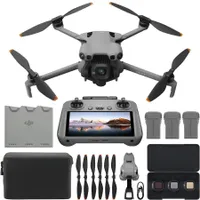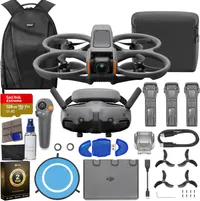Thinking of buying a DJI drone before the potential US ban? Here’s what you should know
The skies are still open to hobbyists despite growing talk of a DJI ban in the US

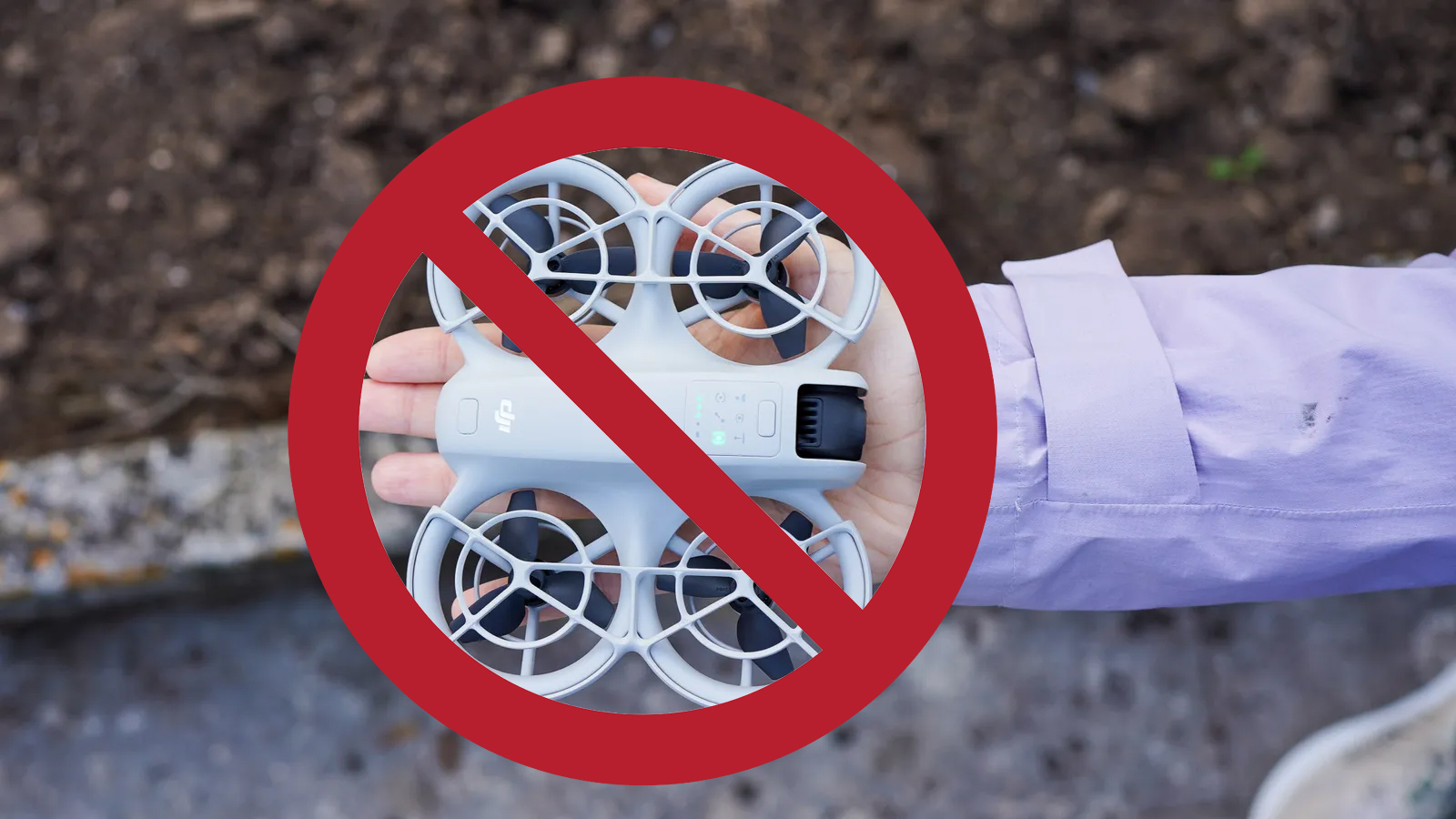
Get all the latest news, reviews, deals and buying guides on gorgeous tech, home and active products from the T3 experts
You are now subscribed
Your newsletter sign-up was successful
DJI makes some of the best drones in the sky, but the brand has found itself at the centre of a political storm in the US. The question many are asking is whether it’s still worth buying one now, given all the talk of bans, restrictions, and national security reviews.
The short answer is yes, as a hobbyist, you can still buy and fly a DJI drone in the US today, but it’s worth understanding what’s going on behind the scenes, because the landscape is shifting.
A long story, not a sudden crisis
Despite recent headlines suggesting an impending clampdown, this isn’t a brand-new issue. The US Department of Defense has restricted the use of DJI drones by federal agencies since 2020, citing cybersecurity concerns and links to Chinese manufacturing.
That ban applied only to government entities, not private citizens, and everyday drone pilots have continued to fly freely ever since. The current situation builds on that existing foundation rather than introducing something entirely new.
So while the news might sound alarming, it’s better described as a continuation of long-standing scrutiny rather than an overnight ban. The key difference now is that the proposed new rules could expand restrictions on imports and sales rather than simply dictating what federal agencies can buy.
The Mini 5 Pro Fly More Combo Plus with RC 2 delivers pro-level imaging in a compact foldable body: 50 MP 1-inch sensor, 4K/60 (–and even 120) fps video, a 225° gimbal roll, omnidirectional sensing with forward-facing LiDAR and about 36–52 minutes flight time. Currently $450 off at Best Buy!
What’s actually being proposed
Under Section 1709 of the Fiscal Year 2025 National Defense Authorization Act, the US government must assess whether drones made by companies such as DJI pose a national-security risk.
If that assessment isn’t completed by 23 December 2025, DJI could automatically be added to the Federal Communications Commission’s so-called “Covered List” under the Secure and Trusted Communications Networks Act.
Get all the latest news, reviews, deals and buying guides on gorgeous tech, home and active products from the T3 experts
Being placed on that list wouldn’t make it illegal to own or fly a DJI drone, but it could prevent new models from being authorised for sale in the US and stop retailers from importing fresh stock.
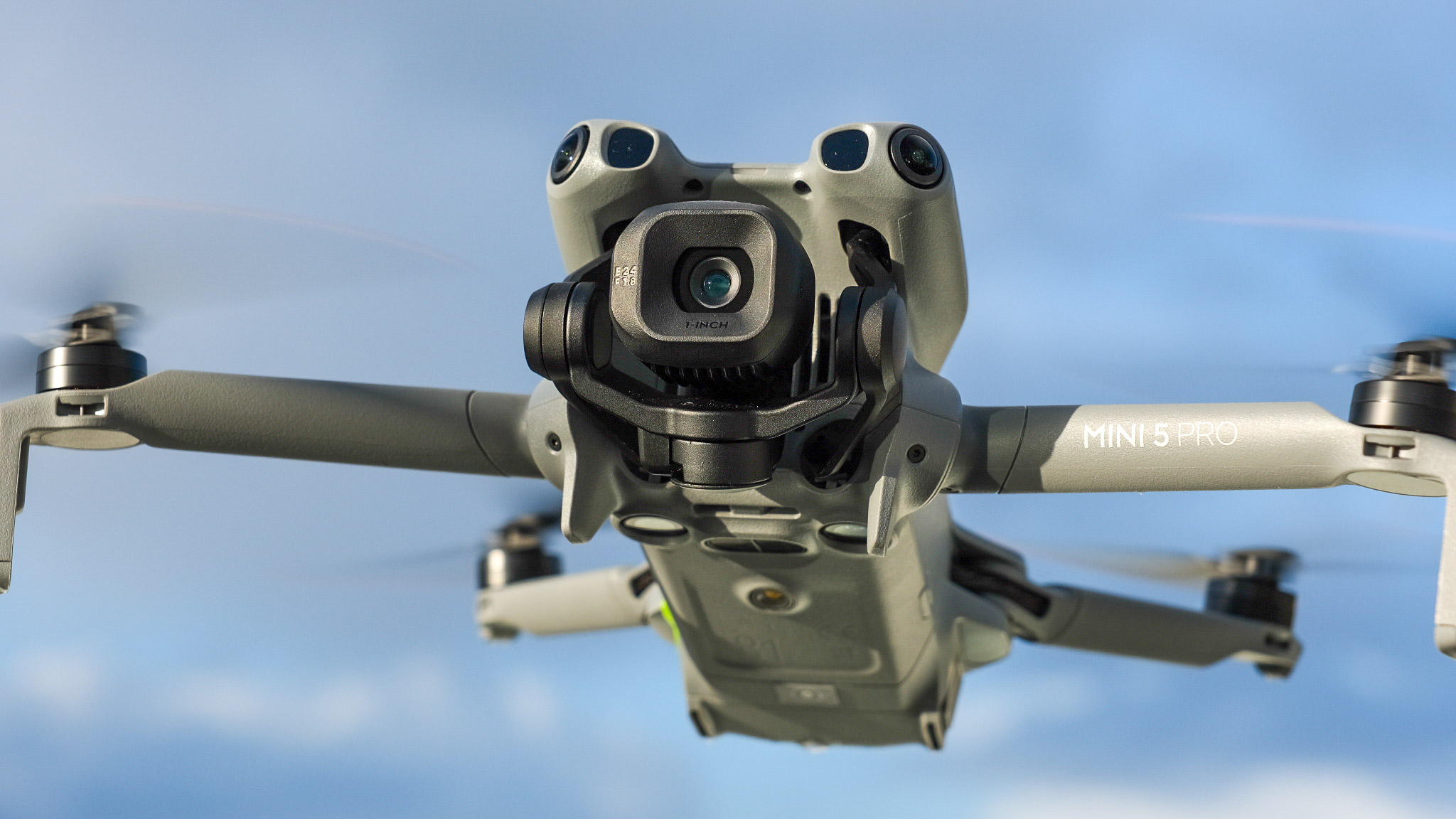
Safe to fly?
The Commerce Department is also conducting its own national-security investigation into drone imports, while US Customs has reportedly held some DJI shipments under forced-labour and compliance checks.
At present, none of this translates into a consumer ban. Hobbyists can still buy the brand's drones, such as the excellent DJI Mini 5 Pro, online or in stores, register them with the Federal Aviation Administration if required, and take them out to fly.
The focus of the legislation is on government procurement, import controls and communications authorisations rather than private use.
What could change (and what probably won’t)
The main risk for hobbyists isn’t that they’ll suddenly be grounded. It’s that future support and availability could be affected. If DJI were restricted under the new rules, importing and selling new models in the US could become difficult, pushing up prices or creating shortages.
Firmware updates and customer support could also become more complicated if the company faces restrictions on operating servers or distributing software in the country.
What’s far less likely is a scenario where the government bans existing owners from flying their drones. The FCC doesn’t have the authority to seize or ground consumer drones, and no proposed legislation suggests otherwise.
For context, the Department of Defense ban on federal use has been in place for five years and has never prevented hobbyists from enjoying their drones. The situation might tighten, but it’s extremely unlikely that consumers would suddenly be told to stop flying.
The DJI Avata 2 Fly More Combo comes with the Avata 2 drone, DJI Motion 3 Controller, DJI Goggles 2, a two-way charging hub, three additional batteries, a sling bag, a shoulder bag, and more! It captures sensational 4K video footage at up to 60fps, 12 megapixel stills and is equipped with amazing flight characteristics to deliver stunning aerial footage.
What it means for you
If you’re a hobbyist, it’s still perfectly reasonable to buy a DJI drone today, especially with such amazing deals about. The company’s drones remain among the best in the world, with class-leading camera systems, stable flight performance and an intuitive app experience.
That said, you might want to consider a model that already has all the features you care about, because relying on future updates might not be the safest bet.
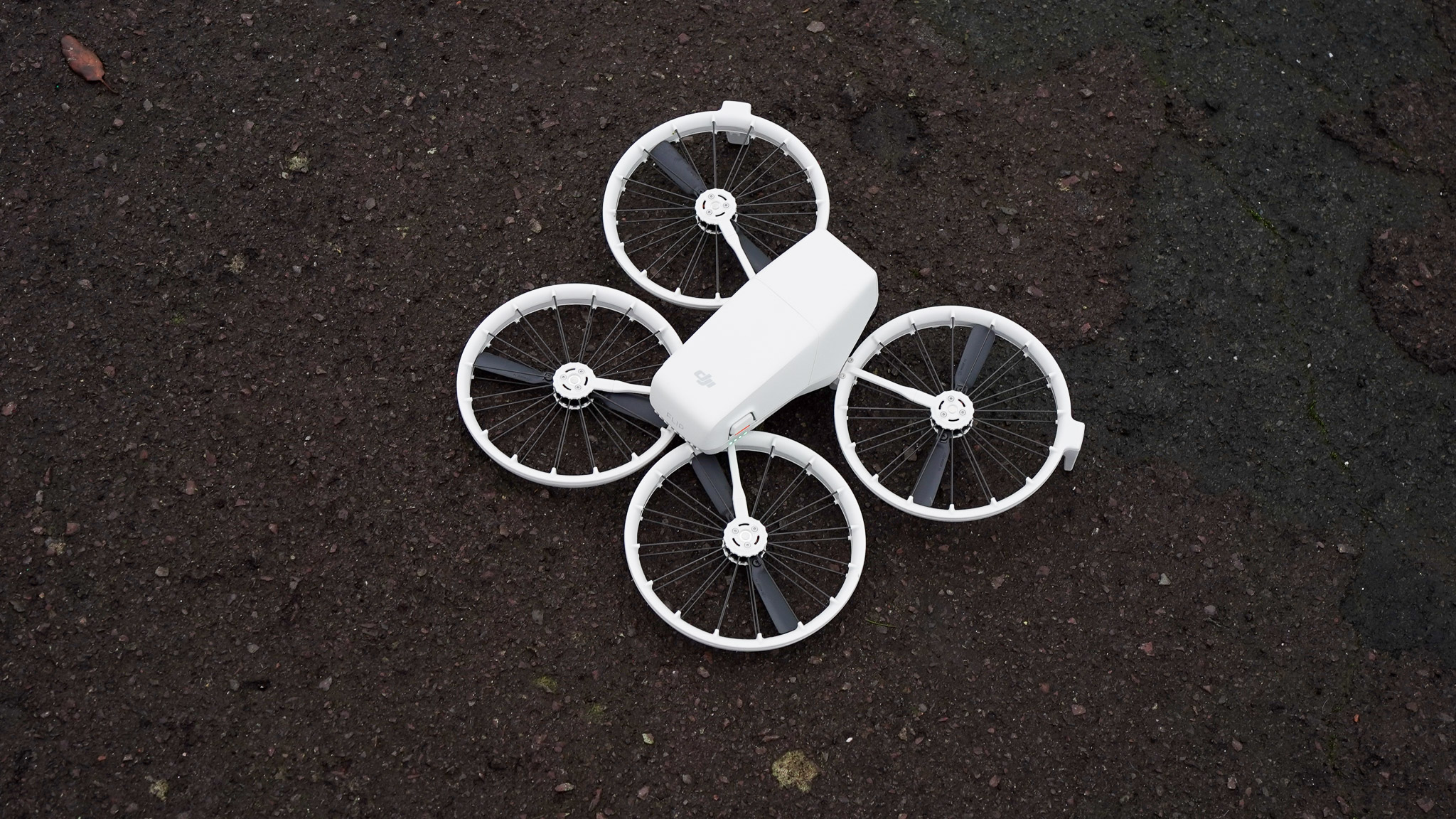
Not grounded – for now
It’s also sensible to keep a local copy of the DJI Fly app and any relevant firmware files, just in case app-store access changes later. None of this is cause for panic; it’s simply good practice if you’re investing in a device that relies on ongoing software support.
If you use your drone commercially or plan to resell it later, be aware that regulatory uncertainty can affect second-hand value. But for casual pilots capturing weekend footage or scenic travel shots, the impact is minimal for now.
The bigger picture
There’s an important distinction between how government agencies treat DJI and how private citizens can use their products. DJI itself has already been restricted for U.S. federal agencies since 2020 under DoD rules, but private citizens still fly DJI drones freely.
That context matters, because it shows the current debate isn’t new; it’s merely an evolution of ongoing concerns about data security and supply chains rather than a fresh crackdown.
The FAA’s existing hobby-flying rules remain unchanged. As long as you follow standard regulations, including Remote ID requirements and airspace restrictions, you’re free to keep flying.
If you buy a DJI drone in the US today, you’re making a smart purchase in the short term. The hardware is outstanding, the user experience is refined, and the sky is still open to hobbyists.
What’s uncertain is the long-term regulatory climate. A potential import restriction or software limitation could make future models harder to buy or support, but existing drones aren’t in danger of being banned.
In other words, this isn’t about panic-buying before a ba – rather, it’s about being informed. The airspace is still yours to explore, but it’s wise to keep one eye on the horizon.

Matt Kollat is a journalist and content creator for T3.com and T3 Magazine, where he works as Active Editor. His areas of expertise include wearables, drones, action cameras, fitness equipment, nutrition and outdoor gear. He joined T3 in 2019.
His work has also appeared on TechRadar and Fit&Well, and he has collaborated with creators such as Garage Gym Reviews. Matt has served as a judge for multiple industry awards, including the ESSNAwards. When he isn’t running, cycling or testing new kit, he’s usually roaming the countryside with a camera or experimenting with new audio and video gear.
You must confirm your public display name before commenting
Please logout and then login again, you will then be prompted to enter your display name.
